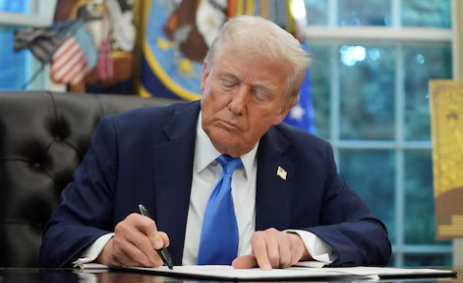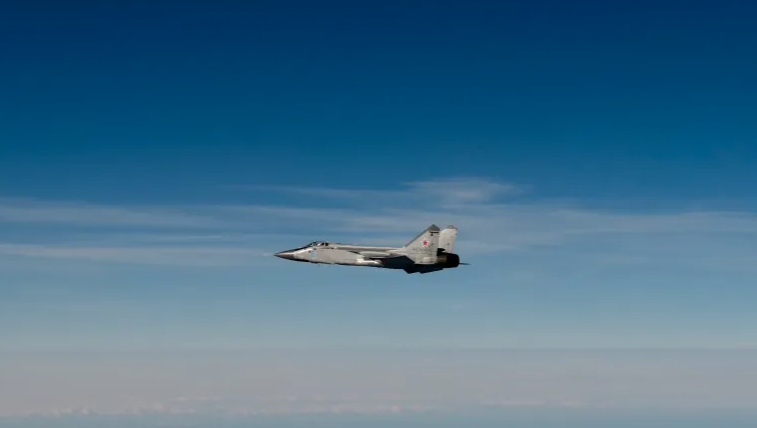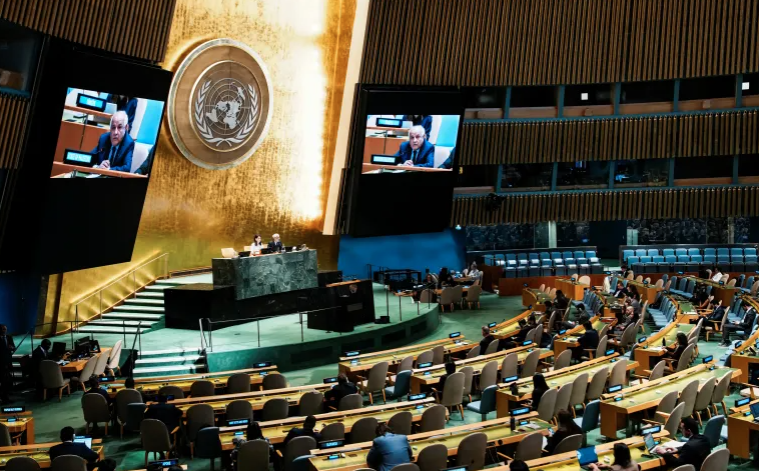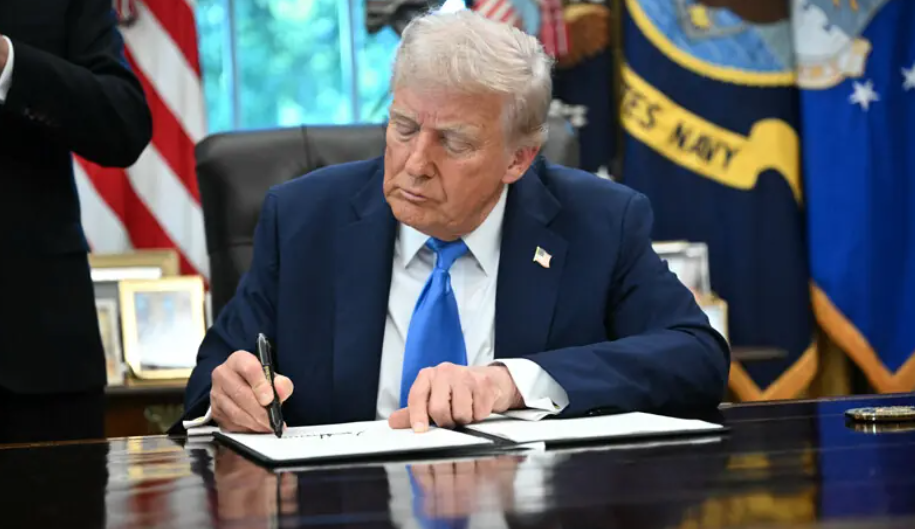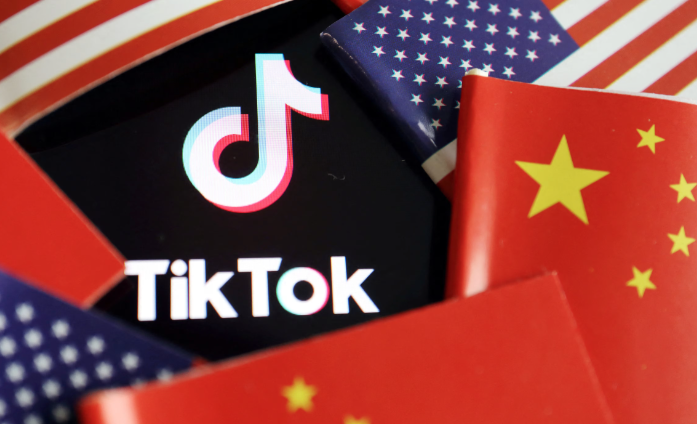WORLD NEWS
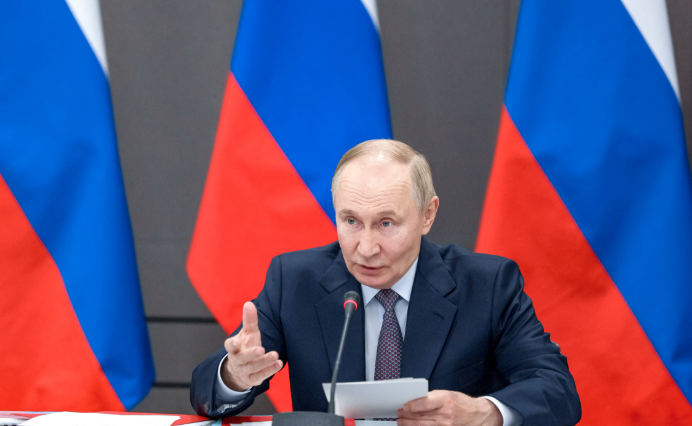
Russian President Vladimir Putin on Monday offered his U.S. counterpart Donald Trump a deal to extend the New START nuclear arms control treaty for one year, in a move he said was designed to preserve global stability while allowing time for further negotiations.
The New START treaty, signed in 2010, is the last remaining arms control agreement between the world’s two largest nuclear powers. It limits each side to 1,550 deployed strategic nuclear warheads and is set to expire on February 5, 2026. Without renewal, both Russia and the United States would likely exceed these limits, escalating global nuclear risks.
“We believe this measure is in the interest of global non-proliferation and could help spur dialogue with Washington about arms control,” Putin said during a meeting of his Security Council. He emphasized that Russia would honor the treaty’s central limits for an additional year beyond its expiration, provided the U.S. did the same.
The offer comes at a time of heightened East-West tensions, driven largely by the ongoing war in Ukraine. Washington has pressed Moscow to end its aggression, while Kyiv is lobbying Trump to impose harsher sanctions on Russia. Despite these disputes, Putin framed his proposal as a unilateral policy shift, signaling Moscow’s willingness to preserve arms control even as broader relations remain strained.
However, no immediate response was issued by Washington. The Trump administration has previously expressed interest in a new, broader arms control framework that would also include China — a proposal Beijing has firmly rejected.
With just over four months left before the treaty expires, formal talks on either extending or overhauling New START have yet to begin. Putin warned that Russia would closely monitor U.S. nuclear strategy, particularly plans to expand missile defenses and explore space-based interceptors. “The implementation of such destabilizing actions could nullify our efforts to maintain the status quo in the field of START,” he cautioned.
The proposal underscores both the fragility of global arms control frameworks and the geopolitical tension surrounding their renewal. If rejected, the world’s two largest nuclear powers could enter 2026 without any binding limits on their strategic arsenals — a situation unseen since the Cold War.
